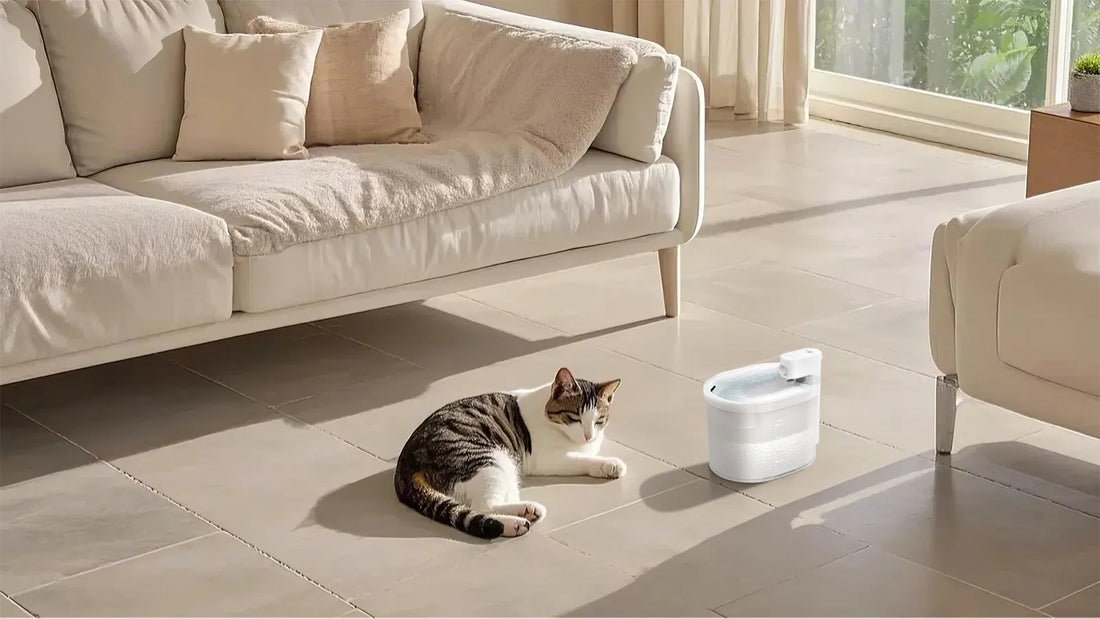If you’ve noticed your senior dog panting at night and drinking lots of water, it’s natural to feel concerned. These behaviors can be signs of underlying health issues that require attention. Understanding the causes and knowing when to seek veterinary care can make a significant difference in your dog’s well-being. This article explores the potential reasons behind these symptoms and offers practical advice for pet owners.
Common Causes of Senior Dog Panting at Night
Panting in senior dogs can be caused by a variety of factors. While occasional panting is normal, especially after exercise or in warm weather, excessive panting at night may indicate a more serious problem. Here are some common causes:
1. Pain or Discomfort
Older dogs are more prone to conditions like arthritis, joint pain, or injuries. Pain can cause restlessness and panting, particularly at night when the house is quiet and your dog is more aware of discomfort.
2. Anxiety or Stress
Senior dogs may experience anxiety due to changes in their environment, hearing loss, or cognitive decline. Nighttime can be particularly stressful for dogs with cognitive dysfunction syndrome (CDS), leading to panting and pacing.
3. Respiratory Issues
Respiratory problems such as bronchitis, pneumonia, or laryngeal paralysis can make breathing difficult, causing your dog to pant excessively, especially at night.
4. Heart Disease
Heart conditions are common in older dogs and can lead to fluid buildup in the lungs, making it harder for them to breathe. This often results in nighttime panting.
5. Hormonal Imbalances
Conditions like Cushing’s disease or hypothyroidism can cause hormonal imbalances that lead to increased panting and other symptoms.
Why Is Your Senior Dog Drinking Lots of Water?
Excessive water consumption, also known as polydipsia, is another symptom that often accompanies nighttime panting. Here are some potential reasons:
1. Dehydration
If your dog is panting excessively, they may lose fluids quickly, leading to dehydration and increased thirst.
2. Kidney Disease
Kidney issues are common in senior dogs and can cause increased thirst as the kidneys struggle to filter waste from the blood.
3. Diabetes
Diabetes mellitus can lead to excessive thirst and urination as the body tries to eliminate excess glucose.
4. Liver Disease
Liver problems can disrupt normal bodily functions, leading to increased water intake.
5. Medications
Certain medications, such as steroids, can cause increased thirst as a side effect.
When to Seek Veterinary Care
If your senior dog is panting at night and drinking lots of water, it’s important to monitor their behavior closely. While occasional panting and thirst may not be cause for alarm, persistent or severe symptoms warrant a visit to the vet. Here are some signs that indicate the need for professional care:
- Panting that lasts for hours or occurs frequently at night.
- Excessive water consumption accompanied by frequent urination.
- Lethargy, loss of appetite, or other changes in behavior.
- Visible signs of pain, such as limping or whining.
- Difficulty breathing or coughing.
How to Help Your Senior Dog
There are several steps you can take to support your senior dog and address their symptoms:
1. Provide a Comfortable Sleeping Environment
Ensure your dog has a cozy, quiet place to sleep. Consider using orthopedic bedding to alleviate joint pain.
2. Maintain a Cool Temperature
Keep the room at a comfortable temperature to prevent overheating, which can exacerbate panting.
3. Monitor Water Intake
Track how much water your dog is drinking daily and share this information with your vet.
4. Schedule Regular Vet Checkups
Routine veterinary visits can help detect and manage health issues early.
5. Adjust Their Diet
Consult your vet about dietary changes that may benefit your senior dog, such as reducing sodium intake to support heart health.
Preventive Measures for Senior Dog Health
Prevention is key to ensuring your senior dog remains healthy and comfortable. Here are some tips:
- Keep your dog at a healthy weight to reduce strain on their joints and organs.
- Provide regular, low-impact exercise to maintain mobility and mental stimulation.
- Stay up-to-date on vaccinations and parasite prevention.
- Consider supplements that support joint, heart, and cognitive health, as recommended by your vet.
Senior dog panting at night and drinking lots of water can be alarming, but with the right care and attention, you can help your furry friend feel more comfortable. By understanding the potential causes and taking proactive steps, you can ensure your dog enjoys their golden years to the fullest. If you’re ever in doubt, don’t hesitate to consult your veterinarian for guidance and support.













